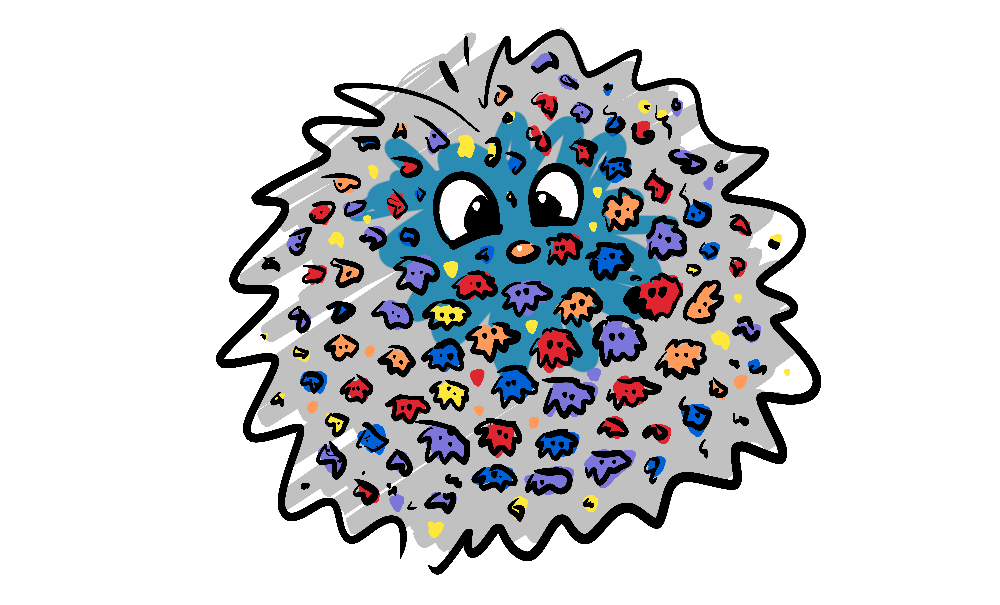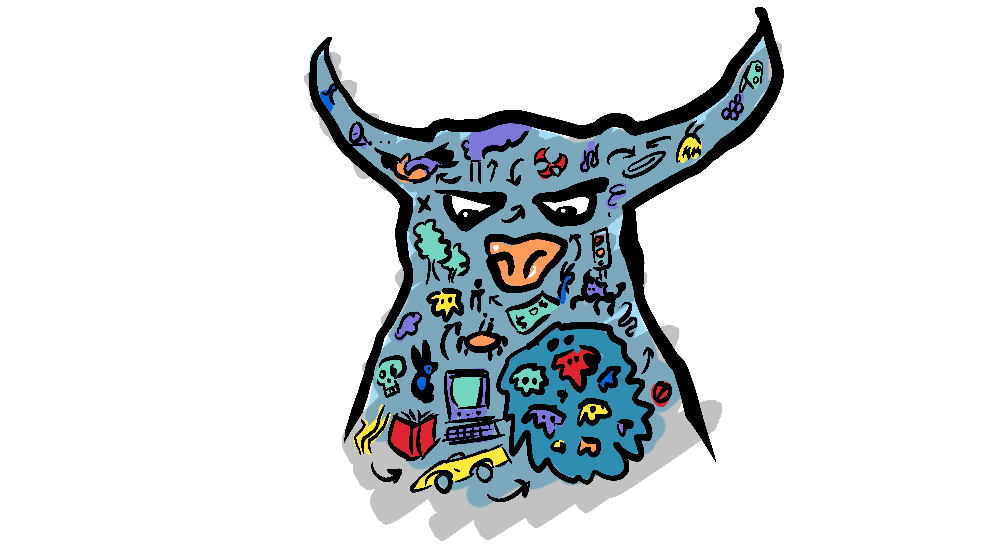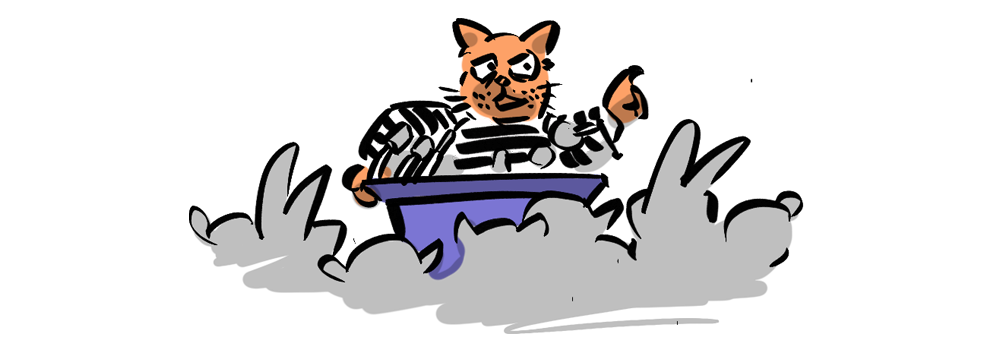
In his famous 1644 treatise on freedom of speech, Areopagitica, John Milton uses the archaic term dividual to describe religion as something that can come and go, rather than being identified in a one-to-one relationship with a person.
"... a man may say his religion is now no more within himself, but is become a dividual movable, and goes and comes near him..."
—John Milton 'Areopagitica'
In this case, he uses the term to criticise censorship, arguing that restrictions to religious expression are external forces—that act upon a person rather than arising from an individual.
An individual is the encapsulation of a person, that cannot be "divided". This might be conceived as a soul or a self, but even physically, if that person loses an arm, that arm (though disembodied) is still "their" arm. This holds until the person comes to terms with losing their arm at which point they can recontextualise themselves as a whole person without an arm, their person remains undivided—individual.

So, the concept of a dividual raises an interesting question about how something can be both an entity, but also divisible. It's one of those terms which, since I've learned it, I see it everywhere, it's felt more and more relevant to the world today, as if we're living a new era of the dividual. The way I've interpreted this term, is not just representing any divisible group, like a political party or sports team, but rather something that is more like a foreign lifeform, with its own sort of shifting individuality distributed across a population of humans. It brings to mind the idea of Zeitgeist (the spirit of the times), or Moloch (the personification of negative-sum games), or social media algorithms...

If anyone has watched the popular "Diary of a CEO" youtube channel, you'll be familiar with his refrain at the end of each episode that "only 15 percent of the people who watch the channel are subscribed", urging you to grow that 15%. In fact he's doing well, because the average is less than 10%.
This means that rather than following individuals, 90% of the content users are being served up is coming from the algorithm, and the algorithm serves up thematically-related content that is popular regardless of individual identity. This creates a dynamic around fame that is unique to our time.
Josh Johnson, who is occasionally "served up" as a fairly one-dimensional correspondent on The Daily Show, is actually a prolific stand up comic, with a broad range, and in his You can't spell famous without "Us" routine he makes an observation about the loss of the Hollywood star.
"That old Hollywood type of famous, that's kinda disappearing, like, you may not get another one of these again. Like Brad Pitt level famous, we don't know if that will ever happen again, because the internet has split us so much..."
—Josh Johnson
During the studio model in Hollywood (throughout the 20th Century), movie-goers could take a star as an indication of the enjoyment they would receive from a movie. They might like the way that actor looks, their acting ability, they might trust their choice of roles, and once that actor becomes a star, the effect they have on the entire production, with raised budgets, and raised performances from accompanying actors and raised expectations from directors and editors, further raises the likelihood of a good watch. A top-billing actor might have been the best indicator of the quality of a film, or at least the amount of enjoyment a film might predictably deliver.
But now, notoriety is not based on individual allegiance, but by algorithmic ascendency—quality content is meant to rise to the top independent of one's loyalty to a given celebrity.
With the lowered barrier to entry for broadcast, fame has been democratised. Rather than studio gate-keepers, algorithms dictate what goes viral. This higher quality (or more-accurately higher engagement) content can come from anywhere. Sure, there are still payoffs for persistence, but largely what longevity gives you is prolonged exposure to the algorithm, and adaptation to it, and yet success doesn't guarantee continuity. It's no longer even "you're only as good as your last film", rather it's "you're only as good as your current film". So now, instead of having 10 top Hollywood stars we have 1,000,000 micro-celebrities, who could be here today and gone tomorrow. Due to the dividual nature of algorithmic broadcasting, celebrity itself has been divided.
In fact, further to this, celebrities find themselves having to diversify to remain relevant: leverage your hit movie to start a make-up range or produce a reality TV show, or run for President.

I can't help feeling like we're seeing a result of this era of the dividual in the presidency of Donald Trump, in his chaotic approach to social and governmental norms. Consistently belligerent behaviour creates a sort of smoke screen of chaos for the left-wing media who can't focus on one issue long enough before it is trumped by the next. Meanwhile right-wing media and Trump's own party scramble every day to rationalise some complete u-turn on decades-long Republican traditions like anti-Russian sentiment, the free market or fiscal conservatism. Trump's lack of integrity is his super-power, a person with no consistent identity, and yet there's something there, a sort of shifting individual distributed among a multitude—a dividual.
Now that might be going a bit far, and we don't need to deliberate on him any more than that. It's just an idea, and now that it's in your head, perhaps you'll start seeing it everywhere too, or not.

I don't know what it would mean to say we are in a new era of the dividual, perhaps it threatens our integrity, perhaps it prioritises rational ideas over irrational allegiances. Perhaps AI's reliance on big data rather than individual experience, and its distributed applications are a manifestation of this dismantling of the individual. Perhaps multi-tasking is a symptom, perhaps there are parallels to consuming psychedelics and experiencing the dissolution of the self... perhaps this is all just in my imagination. I'm really not sure, but I'm interested in what you think.